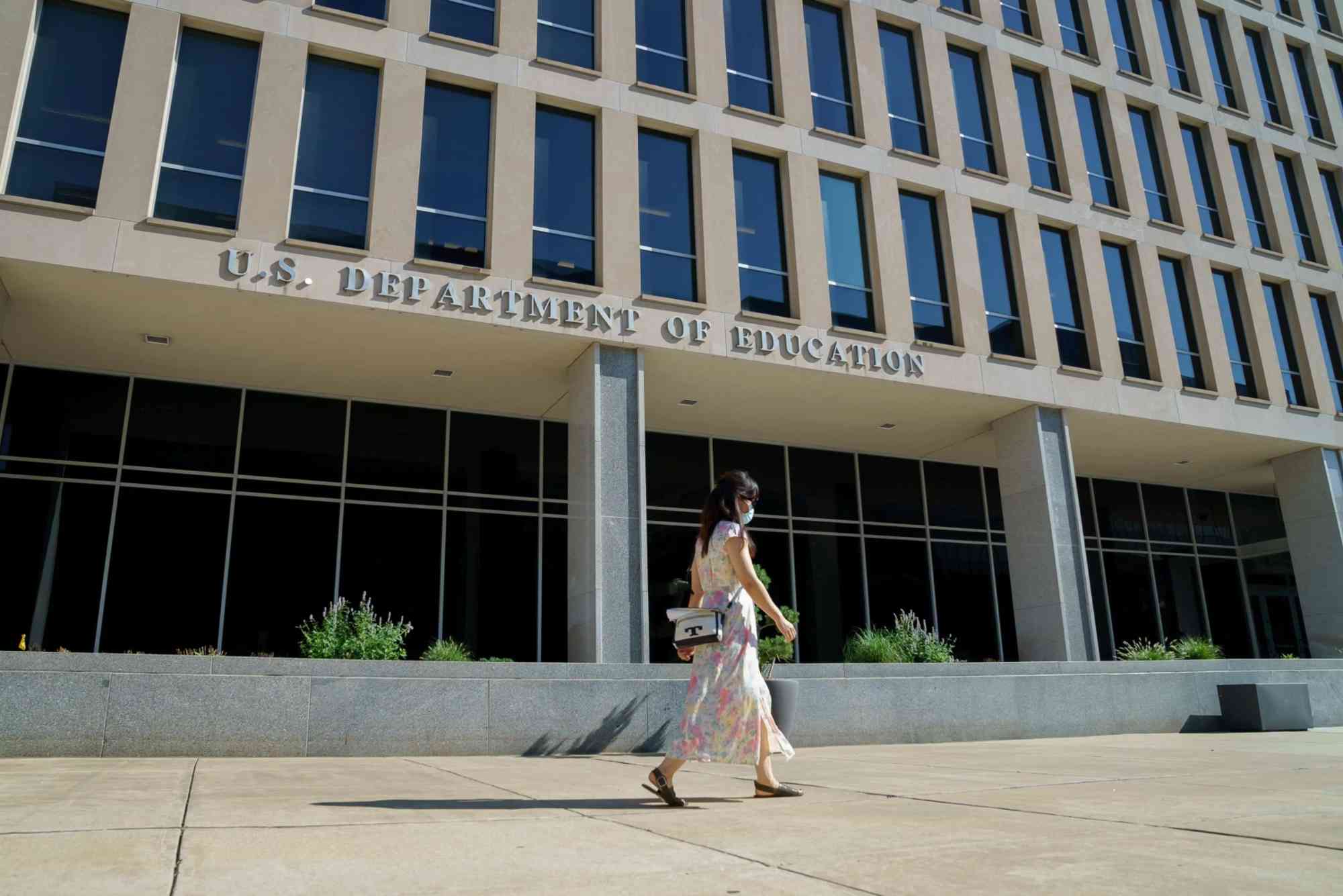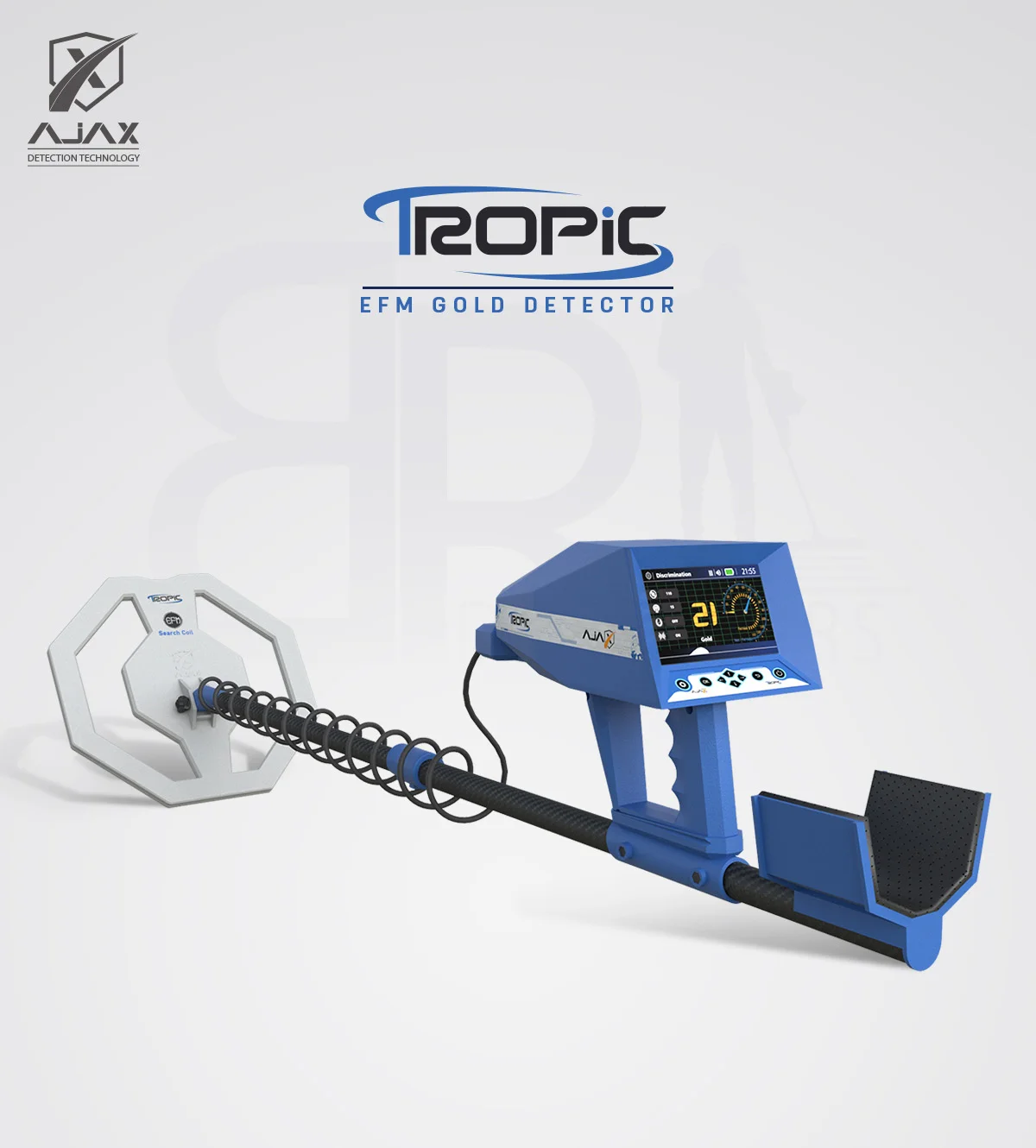Introduction
When researching online education, one question often arises: Is DEAC recognized by the Department of Education? Accreditation is the foundation of academic credibility in the United States, and students want assurance that their degrees will hold value in the job market and beyond. The Distance Education Accrediting Commission (DEAC) has a long history of evaluating institutions that primarily offer distance learning programs. However, because not all accrediting bodies are equal, many learners wonder whether DEAC accreditation is fully recognized by the U.S. Department of Education.
This article explores the status of DEAC accreditation, its recognition by federal authorities, and what it means for students considering an institution accredited by this commission. By the end, you will clearly understand whether enrolling in a DEAC-accredited school is a wise educational decision.
What Is DEAC Accreditation?
The Distance Education Accrediting Commission is a national accrediting body that has specialized in distance learning since the early 20th century. Originally founded to evaluate correspondence schools, DEAC evolved alongside technology to cover online education programs at the certificate, undergraduate, and graduate levels.
Unlike regional accrediting agencies, which focus on traditional brick-and-mortar institutions, DEAC primarily serves schools that operate fully or mostly online. The commission evaluates academic quality, institutional integrity, student support systems, and outcomes before granting accreditation.
Its scope means that DEAC-accredited schools often appeal to working adults, international students, and individuals seeking flexible learning options that fit into demanding schedules.
Is DEAC Recognized by the Department of Education?
Yes, DEAC is recognized by the U.S. Department of Education as a legitimate national accrediting agency. Recognition by the Department confirms that DEAC meets strict federal standards for quality assurance in higher education.
This recognition has significant implications. It means that students attending DEAC-accredited institutions are eligible for certain federal benefits, such as financial aid programs, provided their school participates. It also confirms that the government considers DEAC’s evaluations credible and trustworthy.
However, it is important to distinguish between recognition and universal acceptance. While the Department of Education acknowledges DEAC accreditation, the transferability of credits and recognition by employers or other schools can vary.
DEAC and the Council for Higher Education Accreditation (CHEA)
In addition to recognition by the Department of Education, DEAC is also recognized by the Council for Higher Education Accreditation (CHEA). CHEA is a private, nongovernmental organization that oversees accrediting agencies and promotes academic quality.
CHEA’s recognition adds another layer of credibility. Together, recognition from both the Department of Education and CHEA demonstrates that DEAC has passed rigorous review processes. This dual validation reassures students that the institutions it accredits meet accepted standards in distance education.
How DEAC Accreditation Affects Students
Eligibility for Federal Financial Aid
Because DEAC is recognized by the Department of Education, institutions it accredits may participate in federal student aid programs. Students at these schools can apply for grants, loans, and work-study opportunities. This is a critical factor for many learners, as financial support can make higher education more accessible.
Credit Transfer Considerations
One area where students must be cautious is transferring credits. While DEAC accreditation is legitimate, some regionally accredited universities may be hesitant to accept credits from nationally accredited schools. This is less about the Department’s recognition and more about long-standing traditions in higher education. Students should always confirm transfer policies before enrolling.
Employer Perception
Employers generally recognize degrees from accredited institutions, especially when the accrediting body is acknowledged by the Department of Education. However, employer familiarity with DEAC can vary. Larger organizations with formal HR departments are more likely to rely on federal recognition, while smaller employers may not fully understand accreditation distinctions.
Graduate and Professional School Admissions
Students planning to pursue advanced degrees should also consider admissions requirements. Some graduate schools may prefer credits and degrees from regionally accredited institutions. That said, many professional programs accept DEAC-accredited degrees, particularly when evaluating work experience and overall qualifications alongside academic credentials.
DEAC vs. Regional Accreditation
To fully answer the question, “Is DEAC recognized by the Department of Education?” it helps to compare it with regional accreditation.
Regional accrediting agencies are older, geographically based organizations that accredit traditional colleges and universities. They are often considered the “gold standard” in U.S. higher education. National accrediting agencies like DEAC, meanwhile, tend to focus on specific types of institutions, such as career schools, religious colleges, or distance learning programs.
Both types of accreditation are valid, but perceptions differ. A degree from a DEAC-accredited institution is legitimate, but it may face more scrutiny in academic circles. On the other hand, DEAC provides valuable opportunities for students who prioritize flexibility, affordability, and access to distance education.
Why the Department of Education’s Recognition Matters
The Department of Education does not accredit schools directly. Instead, it recognizes accrediting agencies that meet federal standards. When an accreditor like DEAC is recognized, it assures students and the public that its standards for quality are credible.
This recognition affects schools and students in several ways. First, it ensures that institutions can apply for federal funding programs. Second, it validates the school’s legitimacy in the eyes of employers, licensing boards, and government agencies. Finally, it provides students with confidence that their education meets nationally accepted benchmarks.
Without this recognition, a school’s degrees might be considered unaccredited, limiting job opportunities, transfer potential, and eligibility for financial aid.
Addressing Common Concerns About DEAC Accreditation
Some students worry that because DEAC is a national accreditor rather than a regional one, their degree might not carry as much weight. While it is true that regional accreditation is more widely accepted, national accreditation still serves an important role. For many career paths, especially those in technology, business, or vocational areas, DEAC-accredited schools provide a solid foundation.
Another concern is international recognition. While degrees from DEAC-accredited institutions are often accepted abroad, recognition varies by country. Students planning to work internationally should confirm local requirements.
Ultimately, the Department of Education’s recognition gives DEAC credibility. The key for students is aligning their choice of institution with their long-term goals.
FAQs
Is DEAC recognized by the Department of Education?
Yes, the U.S. Department of Education recognizes DEAC as a legitimate national accrediting agency.
Can students at DEAC-accredited schools get federal financial aid?
Yes, if the institution participates in federal aid programs, students can apply for grants, loans, and work-study.
Do employers respect DEAC-accredited degrees?
Most employers recognize DEAC accreditation, though familiarity may vary. Larger organizations often rely on federal recognition.
Can DEAC credits transfer to regionally accredited universities?
Credit transfer is not guaranteed. Some regionally accredited schools accept DEAC credits, but policies differ widely.
Is DEAC accreditation the same as regional accreditation?
No, DEAC is a national accreditor, while regional accreditors oversee traditional institutions. Both are legitimate but have different scopes.
So, is DEAC recognized by the Department of Education? The answer is clear: yes. The Distance Education Accrediting Commission holds official recognition, confirming that it meets federal standards for academic quality. This recognition assures students that DEAC-accredited schools are legitimate, eligible for financial aid, and credible in the eyes of employers.
That said, students should still consider their long-term goals. If you plan to transfer credits or pursue a graduate degree at a regionally accredited institution, you should check acceptance policies before enrolling. For many, however, DEAC accreditation provides a practical and respected path to achieving educational and career success.




